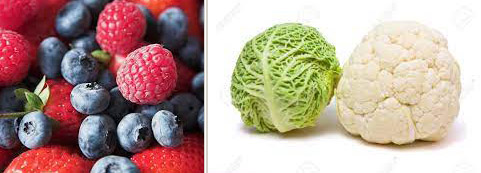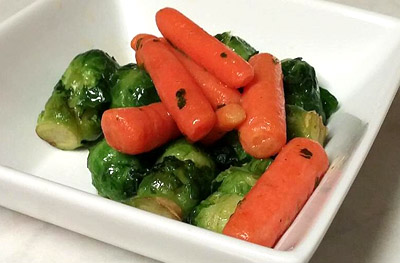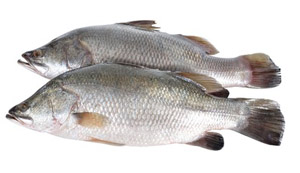
Thursday November 25, 2021 | LANGFORD, BC
by Mary P Brooke, B.Sc., Editor | Island Social Trends
Recent flooding in BC’s southwest interior has resulted in significant or full loss of produce like blueberries, raspberries, cabbage, carrots, brussel sprouts, cauliflower and leeks.
That was announced today by Agriculture, Food and Fisheries Minister Lana Popham. She provided some details from flood impacts on other crops and commodities in the agricultural sector in the Fraser Valley.
Hearing this information, it’s reasonable to expect supply and pricing impacts on retail groceries and the cost to produce and serve meals at restaurants this winter and into spring. However, the Canadian food supply chain is strong, and in winter many fresh produce items are normally sourced in from California and Mexico.
Plants and harvests lost:
Today Popham led her remarks to the media saying that 57 blueberry producers have been affected (2,100 acres of blueberries) by the flooding from the November 15 atmospheric rain event. As well, about 82 acres of raspberries that have also been impacted. “Both of these types of commodities will need to be ripped out and replanted. Many of them are still under water,” said Popham.
“About 420 acres of field crops were unharvested at the time of the flood. And now they are lost,” she reported. This is 4,000 tonnes of stored and unharvested field vegetables that are most likely damaged and lost. Most of these were on the Sumas Prairie or in Fort Langley.
Some farms are still able to salvage some of their crops. And we congratulate them for trying to get that food into the food supply right now. It’s a tough job.

Cabbage, cauliflower, brussel sprouts, carrots and leeks have been significantly impacted, the agriculture minister reported.
“We’ve got two major flower growers that are under several feet of water,” said Popham. “This is about 250,000 plants that are lost in nurseries, about 100% of bulb growers in the Sumas Flats have been impacted.”
She specifically mentioned a 25-acre farm in Abbotsford where they were growing about 250,000 crocus bulbs, and finding a method to get it just right over five years (and were recently in the news because were showing success). “Unfortunately that’s all under water now.”
Fish farms impacted:
Two land-based fish farms in the Fraser Valley that have been impacted. “The losses haven’t been entered yet, but we believe presume all fish are lost. These are tilapia and barramundi fish.
We also have a commercial Chinook hatchery on Vancouver Island that has also been damaged due to the flood.
Removing animal carcasses:
Agriculture, Food and Fisheries has been “working with local governments of course, and the Canadian Food Inspection Agency around the task of disposing and removing animal carcasses lost in the flood”, said Popham.
Addressing the media:
Minister Popham appealed to the media to realize that “it’s a very difficult issue for producers” regarding the impacts to the livestock sector.
Popham referred to media reporting of statistics about the impact of the flood as “curiosity about reporting out daily on deceased animals”, which she says “is impacting our livestock producers negatively”.
“Each time we update those numbers, it turns out to be another traumatic moment for our livestock producers,” said Popham, adding “they don’t really want to go there right now, they’re still in the emergency and dealing with those events”.
Certainly the media is not intending to be harmful to anyone, but recording history as it happens is one of the key roles of active journalism. Human deaths by COVID have been reported daily for almost two years now, and it’s not about curiosity, but keeping people up to date on the magnitude and significance of the situation.






